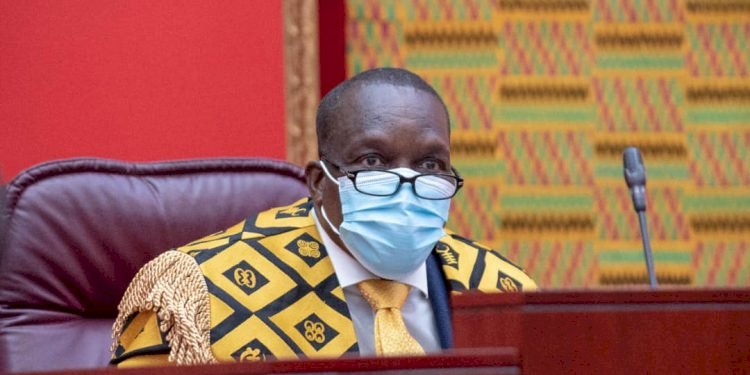Speaker Vows To Resist Move By Presidency To Cap Parliament’s Budgetary Allocation

The Speaker of Parliament, Alban Bagbin is threatening to stall processes towards the approval of the 2021 budget estimates if the Executive goes ahead with its plans to cap budgetary allocation to the law-making body. The Executive Secretary to the President, Nana Bediatuo Asante in a letter to Parliament informed the House of the Executive’s decision to reduce their budget
by over GHS190 million and that of the Judiciary by over GHS70 million. The letter cited the lack of fiscal space as the reason for the plan. But according to the Speaker, this is legally wrong and a step to weaken the oversight duties of Parliament. Speaking in the House before the commencement of the budget debate on Tuesday, March 16, 2021, Alban Bagbin said, Parliament under
his leadership will not accept such actions from the Executive. The budget is not for the Executive, we have the final power to approve or disapprove and so what the law has done is for them to make recommendations and to negotiate during the deliberations of the budget before the House,” he said. Bagbin added that, it is not for the Executive to impose a ceiling on the Judiciary
and Parliament, we have to do the proper thing and so during the consideration of the estimates particularly the Committees concerned, take that on board. At the end of the day, come and inform us as to the negotiated figure, not the ceiling that has been given by President. Bagbin vowed that he will not append his signature to any letter of submission of the
approved budget to the presidency if the decision is not rescinded. I mean what I say, he remarked. Alban Bagbin informed Members of Parliament that the plan of the Executive is an attempt to render Parliament ineffective. He remarked that the House has not been able to effectively address corruption and hold the government to account due to issues of lack of adequate funding.
